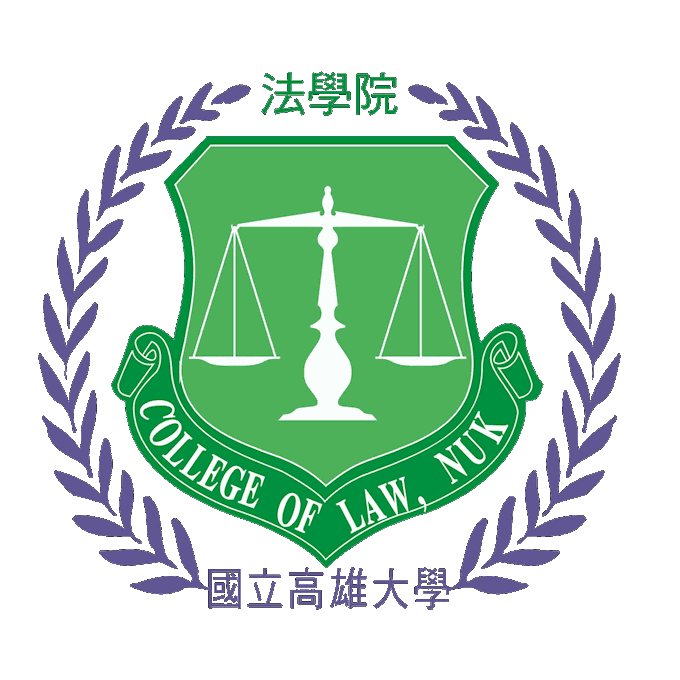

傳統上,我國環境保護之管制策略,主要可區分為以污染排放許可證發放為中心的管制機制,以及按污染排放量徵收污染稅(費)的經濟誘因手段兩種型態。然而不論係採用行政管制手段亦或是污染稅(費)的徵收的方式,皆是由政府所主導並形成國家(管制者)與人民(被管制者)的對立關係。如此規範架構將使人民有環境保護是政府責任的印象,並導致民眾因欠缺環境倫理的認知,消極的逃避擔負環境責任,增加政府稽查與執法的困難與行政成本。據此,未來環境保護應朝向調整政府與人民彼此關係的方向而努力,亦即由對立關係轉化為夥伴關係。「環境信託」是一個不需由政府主導,而是由民間自發集合民間資金與資源、自我管理與經營環境公共財的替代性手段。基於公益信託設立簡便、信託財產運用彈性與運作成本低廉、委託人得落實自身公益理念等優點,對於我國民間自主保護生態的現況而言,透過環境信託的發展,確有可能開啟我國民間自主保護環境生態的新契機。然而環境信託的發展能否於我國開花結果,實有賴於建構一個建全的法律制度以相應配合。本文為啟拋磚引玉之效,將由法律面向切入,探討為建全我國環境信託制度所涉及的法律問題,並以美國相關法制的研究為中心藉以提供我國未來修法方向之建議。本文第二部份將介紹美國環境信託的發展經驗與相關法律環境的特色。本文第三及第四部份將檢視我國現行公益信託規範內容與特色,並以美國法之發展經驗為借鏡,作為建構我國健全的環境信託法律環境的參考依據,並就未來修法方向提出具體建議。
Environmental protection has now moved to a new age that requires more collaborative approaches to tackle new environmental challenges. Biodiversity protection, for instance, requires citizen’s active participation to protect wildlife habitant owned by private parties. Environmental trusts have provided appropriate means to establish citizen-based environmental management programs. Environmental trusts are intended to protect specific environmental interests in accordance to environmental protection purposes specified by the donor. It also provides landowners incentives to donate their lands because the trustee should be bound to manage the land consistent with donor’s specified environmental protection purposes. Moreover, landowners could benefit from tax incentives as a result from the establishment of an environmental trust. This article focuses on the evaluation of promise and limits of relevant law and policy with respect to environmental trusts in the United States and Taiwan. This article first analyzes judicial opinions as well as academic comments regarding to perpetual conservation easement in the U.S. jurisdiction. I will then outline some of drawbacks of Taiwan’s charitable trust law. By learning from U.S.’s experience with respect to modification and termination of perpetual conservation easement, the concluding part of this article provides some suggestions for future regulatory reforms of Taiwan’s environmental trusts law.